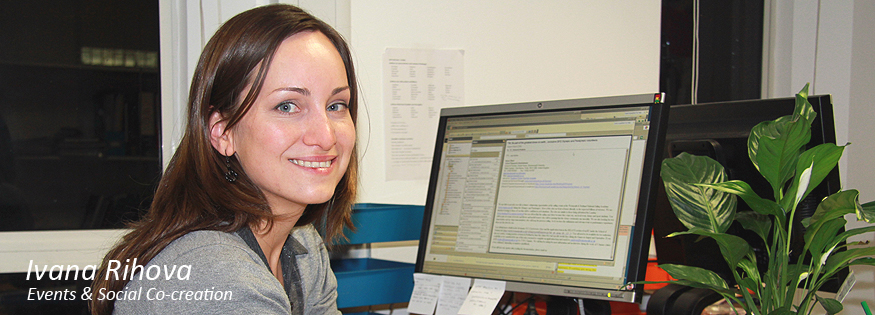
Ivana Rihova is a Graduate Researcher at the John Kent Institute in Tourism at Bournemouth University. Her research project, supervised by Professor Dimitrios Buhalis, Dr. Miguel Moital and Dr. Mary Beth Gouthro, aims to explore the role of customer-to-customer interactions in the co-creation of event and festival experiences.
The number of festivals and other special events has been growing rapidly in the last decade. With increasing competition in the festival sector marketers need to consider a number of factors that may impact on their audiences’ decision to attend. Designing a memorable event experience with a ‘wow’ factor has been seen as the best way of keeping customers and attracting new ones. An exciting line-up, good facilities, quality food, accommodation and entertainment programming are all marketer-provided cues that stimulate customers’ senses in a variety of ways. If successfully designed and executed, all of these factors can contribute to customer satisfaction and repeat-purchase behaviour.
At the same time, however, events and festivals are consumed in a socially dense context. Event attendees interact not only with staff and service elements that are staged and controlled by the event organiser, but also with other customers who share the service setting. Interactions between event attendees (both face-to-face and in the online environment) become a source of co-creation experiences. Thus, they play an extremely important role in eliciting positive outcomes for the customer, as well as ensuring the success of the event.
Following this rationale, the research project aims to provide an in-depth insight into the ways in which customers in the context of events and festivals co-create experiences through social interactions with other customers. Approached from the perspective of the service-dominant logic in marketing, the project incorporates theories and constructs from marketing, psychology and social psychology to help unpack the processes at work when individuals co-create experiences in the social landscape of special events.
The study will contribute to theory building in service-dominant logic by illuminating some of the experience co-creation mechanisms involved in the relatively under-researched area of customer-to-customer interactions. Additionally, by responding to calls for deeper insights into event experiences, implications for event managers can be drawn from the findings. For instance, specific experience artefacts and enablers will be identified (i.e., the social, physical or technological features within the experiencescape) that the firm can supply or further develop to facilitate customers’ social processes. By gaining an understanding of the social event co-creation experience, event managers can create value propositions that better facilitate and support customer’s value co-creation mechanisms.